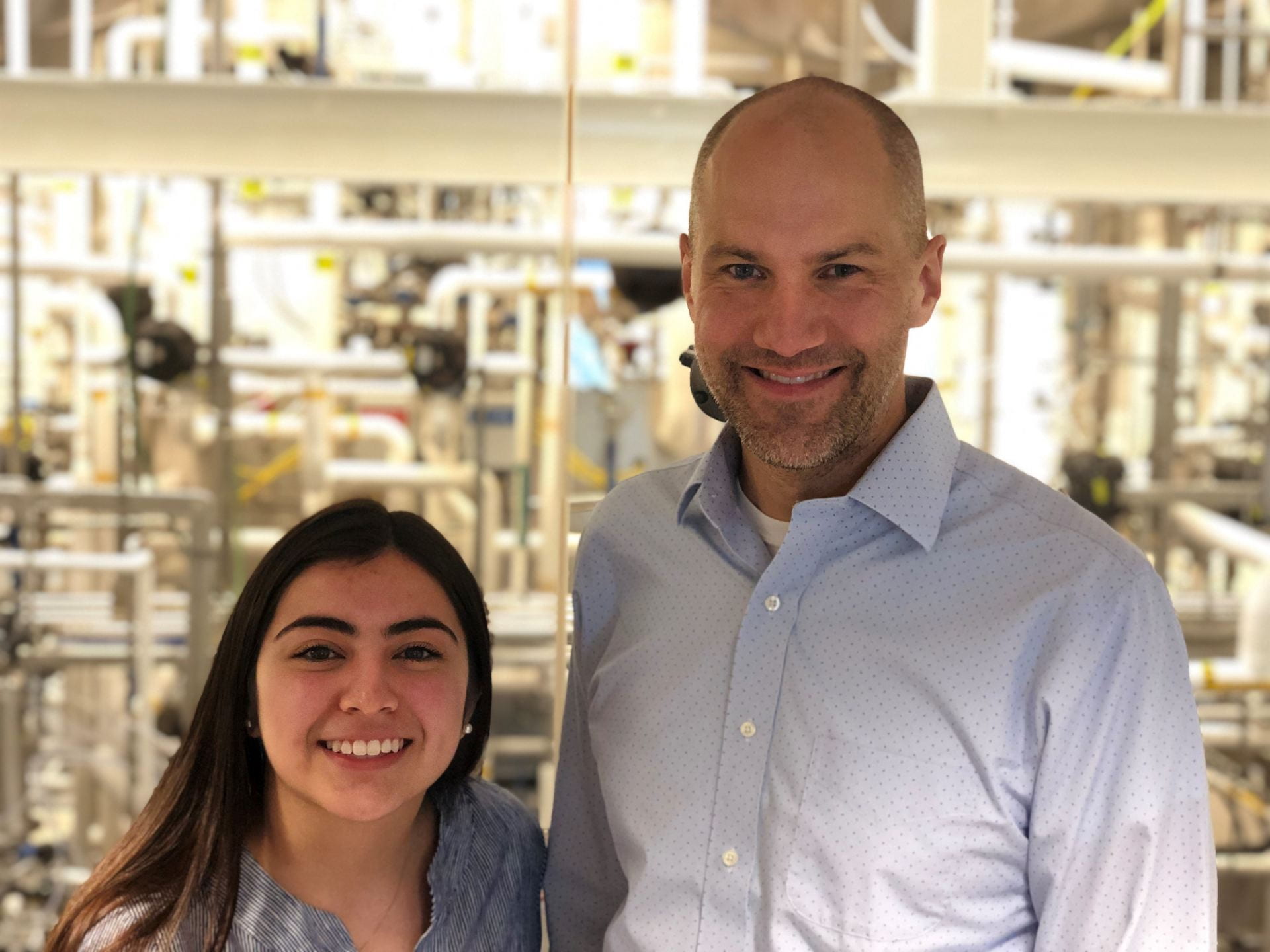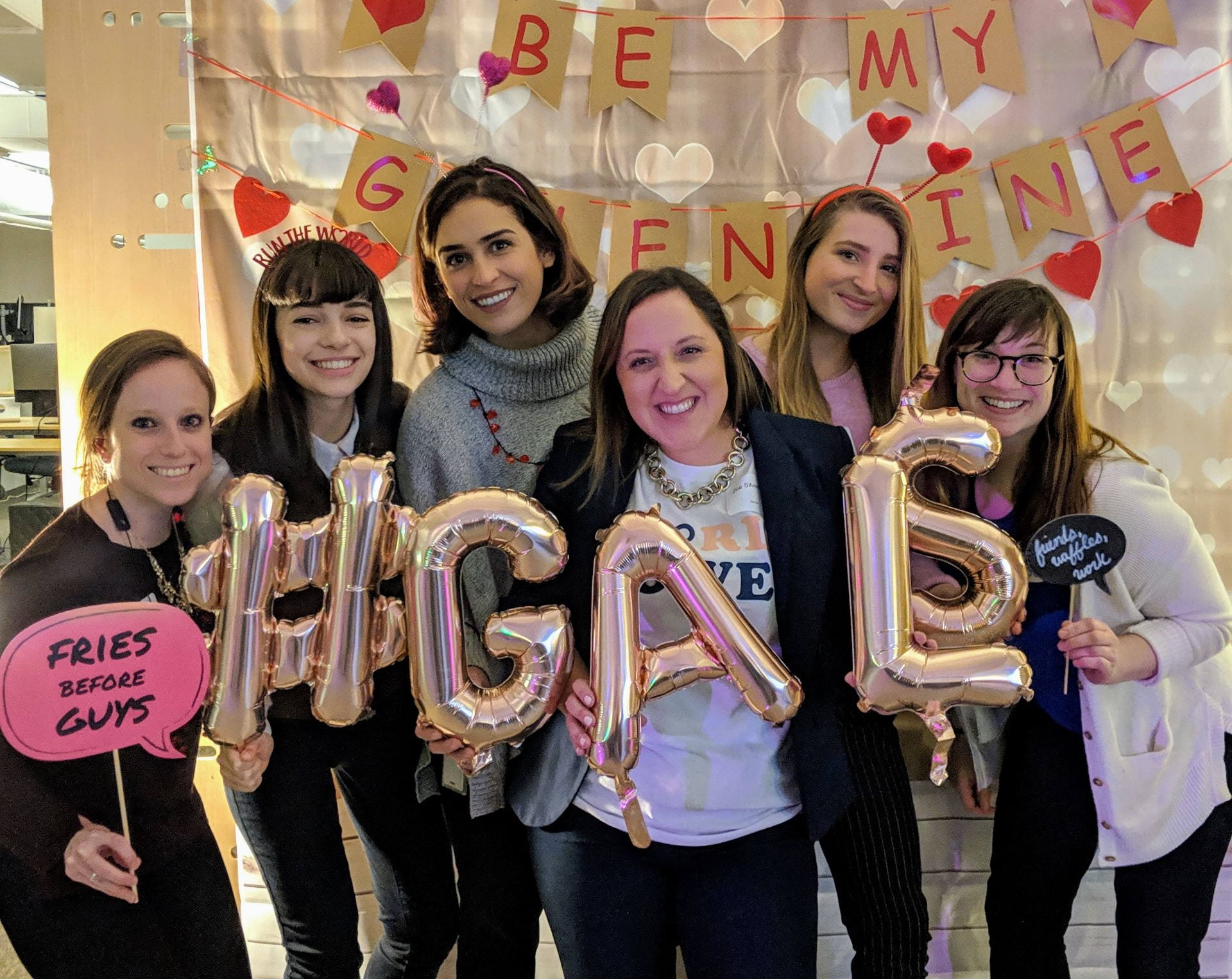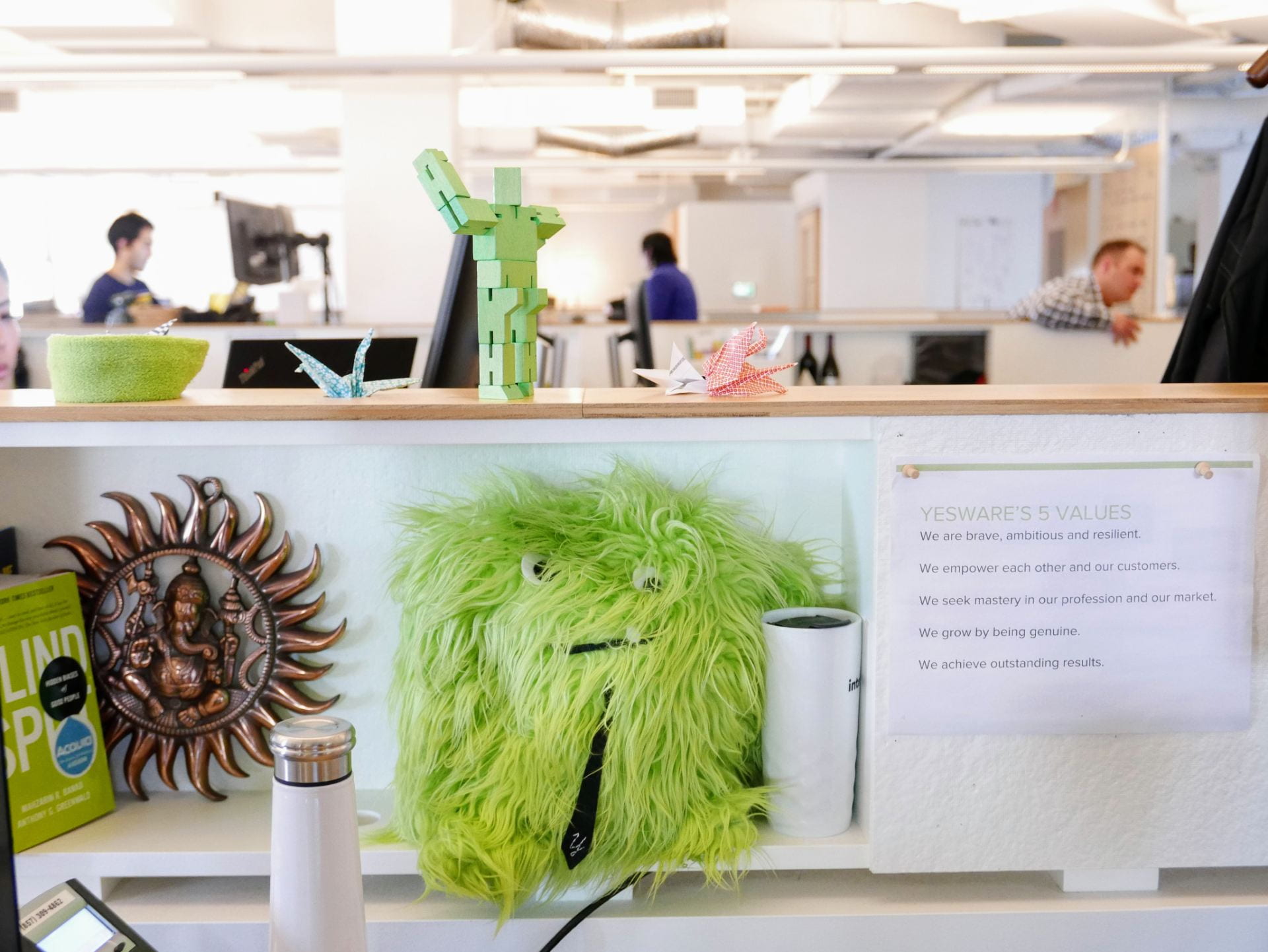By: Vanessa Cardona
Vanessa Cardona is currently a Junior in the Biomedical Engineering program at Wentworth. She completed her first co-op with Sanofi Genzyme in Allston, MA as part of the Manufacturing Engineering Group. Vanessa recently sat down with CO-OPS + CAREERS to share her co-op story.
Tell us about your co-op with Sanofi Genzyme:
For my first co-op, I had the privilege of working at Sanofi Genzyme in Allston, MA where I was part of the engineering group. As the co-op student, some of my responsibilities included: walking down piping and instrumentation diagrams (P&ID’s) to as built systems at the plant, developing and executing engineering studies, preparing commissioning and qualification documentation for the plant’s major annual maintenance shutdown, and supporting some of the engineers with implementations and/or improvements throughout the site.
What interested you in Sanofi and your role with the engineering group?
Prior to my co-op I had been interning at Dana-Farber Cancer Institute where I worked in a few different departments, the last of them being the Cell Manipulation Core Facility. While in this department, I was exposed to a cleanroom setting and a world of Good Manufacturing Practices (GMP), standard operating procedures (SOP’s) and much more. This was a completely different side of the hospital that I had never seen before, but I loved every part of it.
My dad had been working at the Sanofi in Allston and for as long as I can remember, he would talk to me about the work being done there. As I began the co-op search process, I learned about a few co-op positions that were available for the spring at a few of the different Sanofi sites. From what I knew about Sanofi and from what I was reading in the job descriptions, I thought this would be a great place to start. One of the available positions was being the co-op student for the engineering group. As I read through the job description and the expectations for this role, I found myself checking the imaginary check boxes for all the experiences I was hoping to get out of my co-op. The role offered so many opportunities to grow and learn about working in the industry.
What was your search process like? And how did you prepare for your interviews?
Searching for a co-op was difficult and sometimes stressful. As the fall semester was coming to an end, assignments were piling up, finals were slowly creeping up, and I needed to find a placement for my spring co-op. During my gaps and after classes I would look at co-op postings on WITworks and check the job postings list on just about every company I could think about. After I landed an interview with Sanofi, I prepared for my interview by meeting with my Co-op Advisor to go through potential questions the employer could ask me and by ensuring my resume reflected my previous experiences, as well as my assets.
What was a typical day like at your co-op?
On a typical day I would arrive at Sanofi at 7AM, settle in and decide what were my top priorities for that day. At 8AM we would have our daily department meeting where we would talk about any safety concerns, the status of any projects, and anything else that came up. Because every month we would have a new meeting leader, I was able to take on the role for the month of April. It was intimidating at first but with the support of my supervisor and co-workers I was able to adjust quickly and pick up on a lot of the terminology.
After our morning meeting I would continue to work on my assigned projects which varied from day to day. One of my main priorities became leading a couple engineering studies so I had to ensure everything was set to perform the engineering studies. This meant making sure the protocol was written and approved, and that we had the support and materials we needed to execute the studies. I also communicated with the third party who was supporting us with one of the engineering studies to make sure they were completing the tests we needed them to perform, as well as ensuring the proposal they sent contained accurate information.
While the engineering studies were taking place, I was also supporting with other tasks like walking down and updating piping and instrumentation drawings, which quickly became one of my favorite things to do. Depending on the system or the equipment, I would find myself in the clean room, completely gowned up (coveralls, booties, etc.) or in the utility space with my hard hat and safety shoes.
What lessons have you learned on your first co-op that will benefit your next co-op?
One huge lesson I learned while being on co-op was that it’s okay to not know everything and to give yourself time to adjust to the new environment. Being new to the industry, it takes time to become comfortable with the terminology, equipment, and systems. When I first started at Sanofi I definitely had moments where I felt like I didn’t fit in because of my lacking level of expertise in the field. As I attended more meetings and met with the different people in my group, I found myself using that terminology not just in the field but in the documents I was writing as well.
What advice do you have for students during their first co-op search?
I would say one piece of advice that has followed me throughout my life is to always ask questions. If this is your first time stepping into the field, there are going to be things you are unsure about. Also, learn as much as you can. Take advantage of new opportunities, shadow different people, try new things, and be proactive.
Being on co-op is the best time to get a preview of what it’s like to work in a professional setting.
In terms of the co-op search process I would say to start early and to take advantage of opportunities to interact with employers whether that be at the co-op fair or at any other event. It’s a great opportunity to learn more about companies, but also a chance to show employers what you can offer to their company. I think another important tip for the co-op search is recognizing your network and identifying people who might be able to support you during the process. Whether that be by providing you with advice or connecting you to a potential employer.
If there is anything else you’d like to share about your co-op or your search process that was not covered by these questions please include that below.
My co-op experience was amazing. I am extremely grateful for the opportunity and for the supportive people I met along the way. Everyone was always so willing support me with projects I was working on and provide me with advice for the future.
Thank you for sharing your experience with us, Vanessa! Be on the lookout for our next co-op feature. If you would like to share your co-op experience (positive or not-as-expected), or have any questions about the co-op process, please email us at coopsandcareers@wit.edu.
As always, to make an appointment with your Co-op + Career Advisor call the front desk at 617.989.4101 or stop by the CO-OPS + CAREERS Office.
Summer 2019 Drop-In Hours: Wednesday and Thursday 2:00pm – 4:00pm while classes are in session.


 (Photo courtesy of Yesware)
(Photo courtesy of Yesware)

